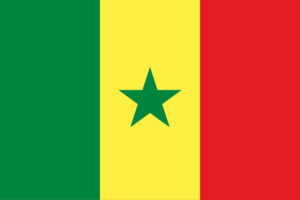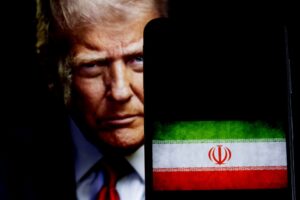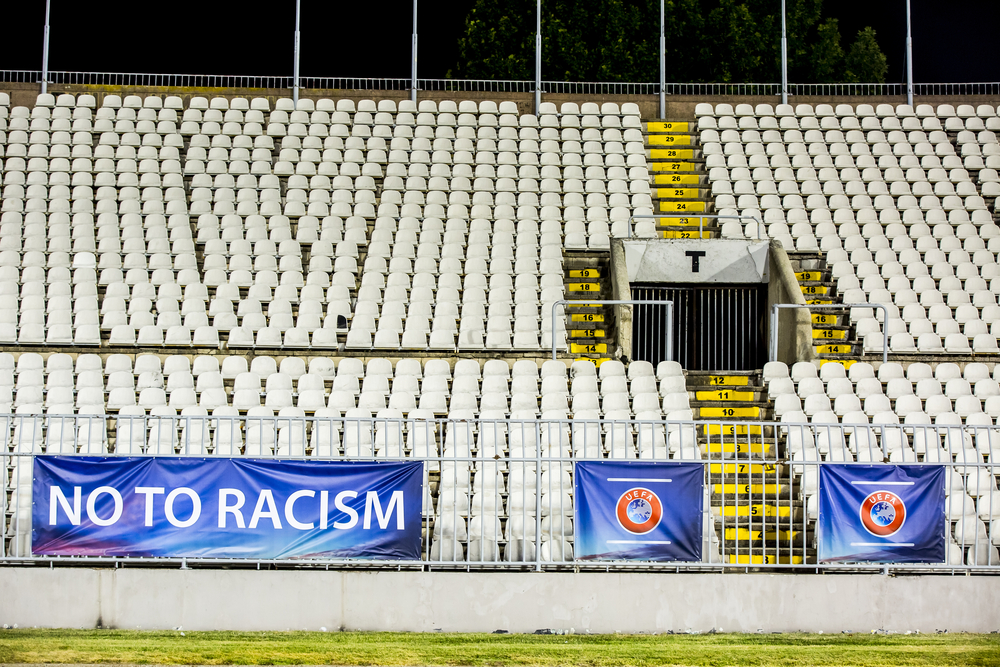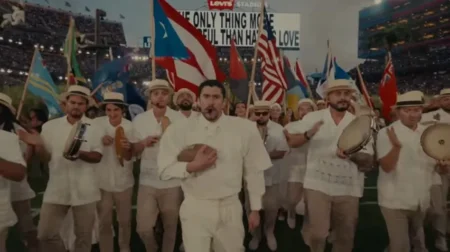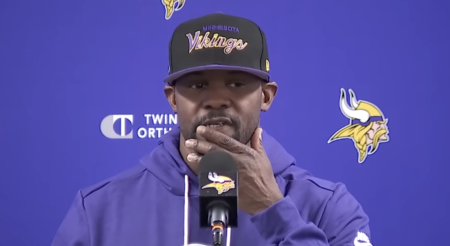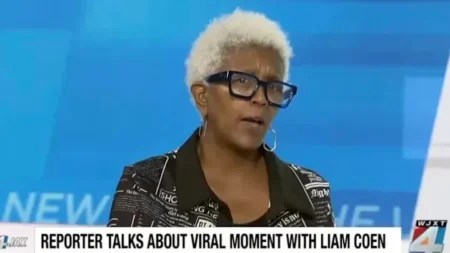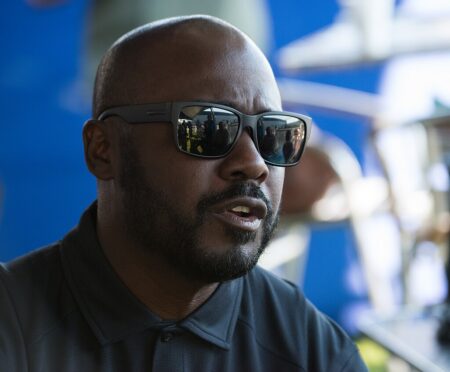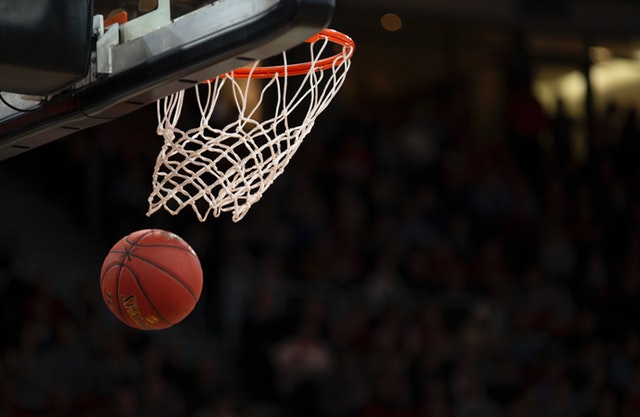In the span of a week, racist incidents occurred at four different soccer matches in Europe.
According to the AP, Bournemouth’s Antoine Semenyo, Schalke midfielder Christopher Antwi-Adjei, Juventus player Weston McKennie and Real Madrid’s Kylian Mbappe were all victims of racial abuse.
Mbappe, one of the sport’s biggest stars, was targeted with monkey noises by a fan in Spain, who was then arrested by police.
But these incidents exemplify soccer’s continued issue with racism, a sad relationship that never seems to cease regardless of location, level of player or the punishment.
In 2023, Real Madrid star Vinícius Júnior was heckled by three racist Valencia football fans after a Spanish league match. For their ignorance, they were arrested, sentenced to eight months in prison and banned from entering football stadiums for two years.
“It wasn’t the first, nor the second, nor the third. Racism is normal in La Liga. The competition thinks it’s normal, the Federation does too and the opponents encourage it,” posted Júnior.
Black players across the pitch and across the globe have their share of stories detailing the harassment by racist fans.
Professor Carl Suddler wrote about the issue in this 2024 First and Pen story:
“Just days after AC Milan’s goalkeeper, Mike Maignan, walked off the pitch when Udinese fans allegedly made monkey noises and other racist chants, and Coventry’s midfielder, Kasey Palmer, condemned an alleged racist gesture from a fan at Sheffield, I sat with dozens of current and former players at Nottingham Forest’s City Ground and listened as they shared personal accounts of experiences with racism from their playing days, much of it from fans.”
Many of these incidents revolve around monkey references, from noises to bananas being thrown by fans at Black players on the field.
And some of the venom derives from other players.
In 2021, Valencia defender Mouctar Diakhaby got into an altercation with Cadiz’s Juan Cala. According to Diakhaby, things got ugly and Cala turned to racist taunts. To make it even worse, Diakhaby received a yellow card during the stoppage in play despite his pleas to the referee about Cala’s antics.
Fortunately, his team had his back and as an emotional Diakhaby walked off the field after the incident, his team followed him in a show of solidarity.
Four months prior to Diakhaby’s experience, Paris Saint-Germain and their opponent, Istanbul Basaksehir, walked off the field during their Champions League Group H game after a verbal altercation between referees and the Turkish team was deemed racist by the latter.
That same year, Chelsea defender Reece James took to social media to denounce the racism he received from ignorant soccer fans on Instagram. Only a few days before that, Anthony Martial and Axel Tuanzebe of Manchester United were also targets of online hate.
James’ cries to end racism in soccer were echoed by England’s Football Association, the FA, which decried racism in the sport as well.
“We will continue to work with the rest of the game, the government and social media platforms to remove this- and all elements of- discrimination from our sport,” posted the FA on Twitter/X.
One of the most disgusting displays of racism came in 2020 after the Euro 2020 championship match. In that game against Italy, England’s Marcus Rashford, Jadon Sancho and Bukayo Saka all missed their penalty kicks, giving Italy the title. In the aftermath, racists took to Twitter to spew their hate. In England, a mural of Rashford was defaced with racist language.
Unfortunately, acts of solidarity and dishing out punishments hasn’t deterred the vile behavior from fans who are willing to risk being separated from the game in order to express their ignorance.
From England taking a knee before their 2022 World Cup games and the arrests of racist fans to Thierry Henry inspiring a social media soccer blackout, many in the sport have tried, and continue to try, new ways of combating racism in soccer, but nothing has worked yet.

